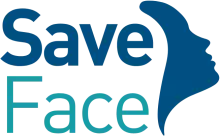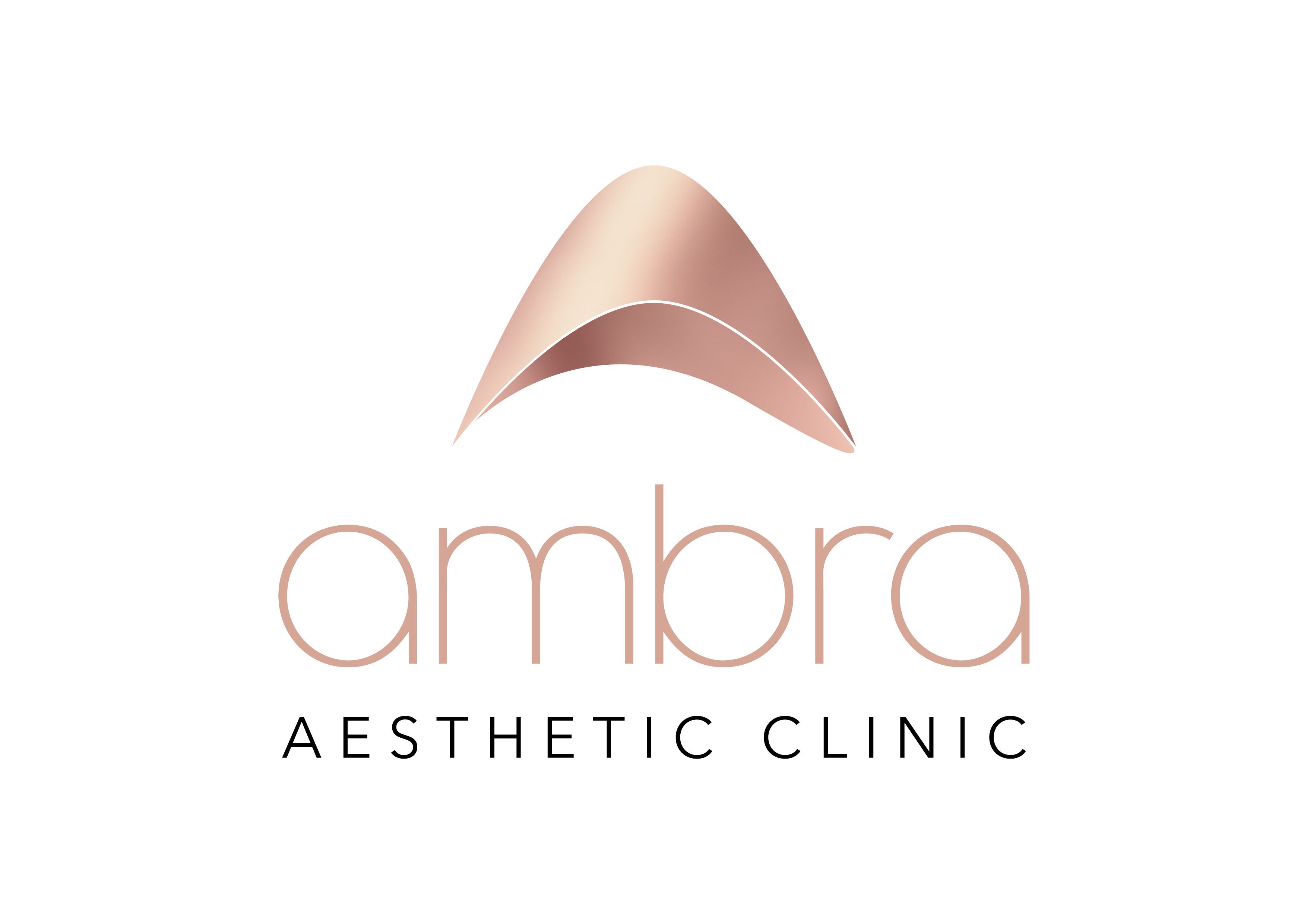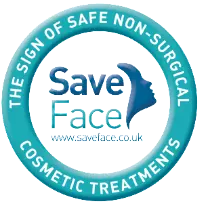Overview
The size and shape of your nose can have a big effect on your overall appearance. It’s the central feature of your face, and if it’s not in proportion or is hooked or bent, your self-confidence can really suffer.
Up until quite recently, if you felt self-conscious about your nose and wanted to do something about it, then rhinoplasty was your only option. However, although very effective, surgical rhinoplasty is an extremely invasive procedure that involves a considerable amount of painful recovery time.
These issues, coupled with the high cost of the procedure, as well as its permanent nature, led both patients and practitioners alike to try and come up with a less drastic alternative. This search led to the development of the non-surgical nose job, a procedure that has become increasingly popular over the past 10 years.

















